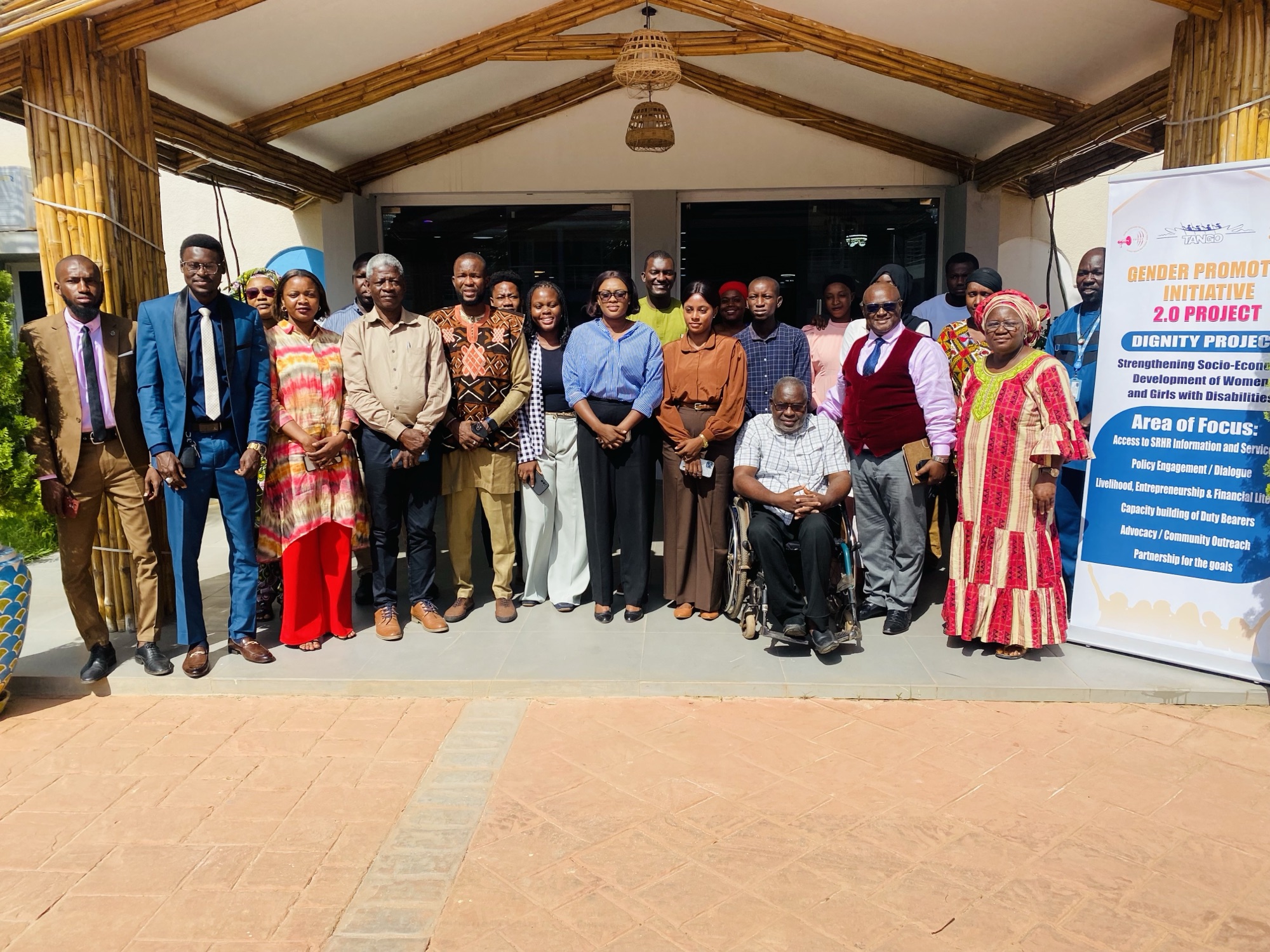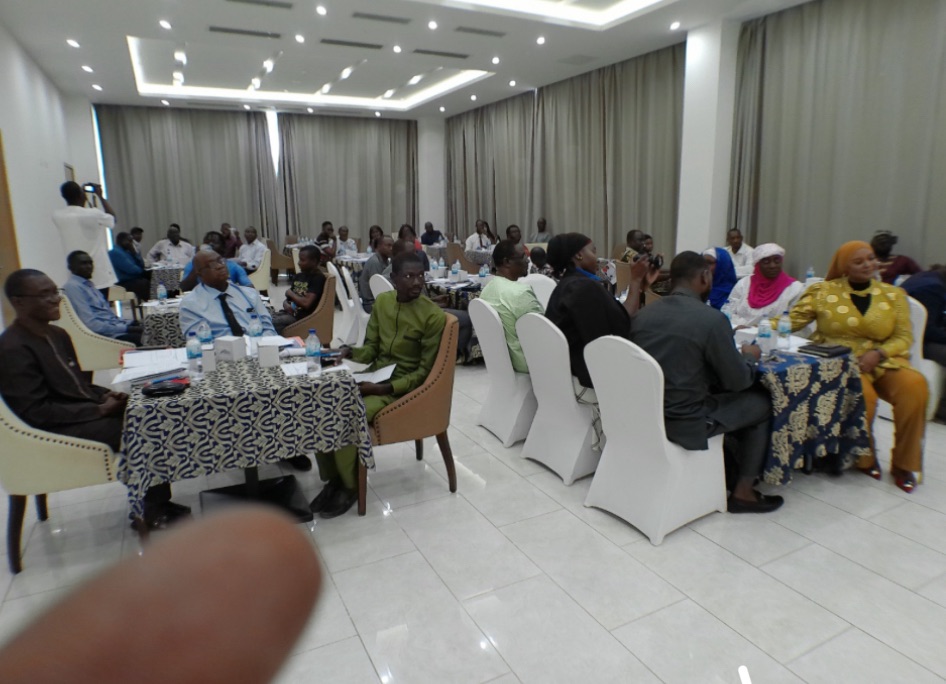By Arret Jatta
Young Advocates for Sexuality, Sexual Health and Sexual Rights (YASSS), The Association of Non-Governmental Organization (TANGO), and the United Nations Population Fund (UNFPA) on Wednesday, 30th October 2024, engaged National Assembly Members on the rights of persons with disabilities in the Gambia.
The activity held at Dunas Hotel in Bijilo was meant to provide persons with disabilities access to the same range, quality, and standard of free or affordable healthcare, inclusive education, employment, and other opportunities.
Elsie Macaulay, the President of YASSS noted that it is important to ensure that the rights of the marginalized are respected, as no one is left behind in planning, implementation, and decision-making processes.
She said, “According to WHO, an estimated 1.3 billion people experience disability today, and that is 16% of the global population, which makes them the largest minority.”
Ms. Macaulay added that this is a significant number of people whose potentials or capacities are left untapped, which are beneficial for sustainable development locally, regionally, and nationally.
“People living with disabilities face significant challenges in accessing quality education, job training, etc., especially women and girls with disabilities, which limits their economic prospects. Moreover, they often lack access to education or can’t afford quality sexual and reproductive healthcare, which can further exacerbate their financial struggles and stability,” she further explained.
Dr. Ipoade Omilaju, Secretary for the Gender Promoting Initiative Project (GPI) funded by UNFPA, also explained that the GPI project is specifically for institutional and technical capacity-building of the civil society organization.
“It is an instance of United Nations Security Council Resolution 1325, looking at the issues around conflict and how women are not recognized, or their opinions are not taken into consideration when conflict happens and we need to resolve it,” he stated.
He also highlighted that four main categories lead to disabilities.
“You have those behavioral or emotional, and I tell you there are so many people that have emotional situations and we don’t think that it’s a disability. We have sensory-impaired disorders, we have physical ones, and of course, we have developmental ones,” he said.
Mr. Michael Ambayo, the UNFPA representative said the UNFPA is dedicated to addressing the inequalities faced by persons with disabilities thereby calling them persons with special abilities.
“There are also policies in place to advocate for the rights of all persons, more so women and girls, not leaving out the youth. Secondly, UNFPA also recognises that education is a fundamental right and is a critical factor in empowering women,” he enunciated.





